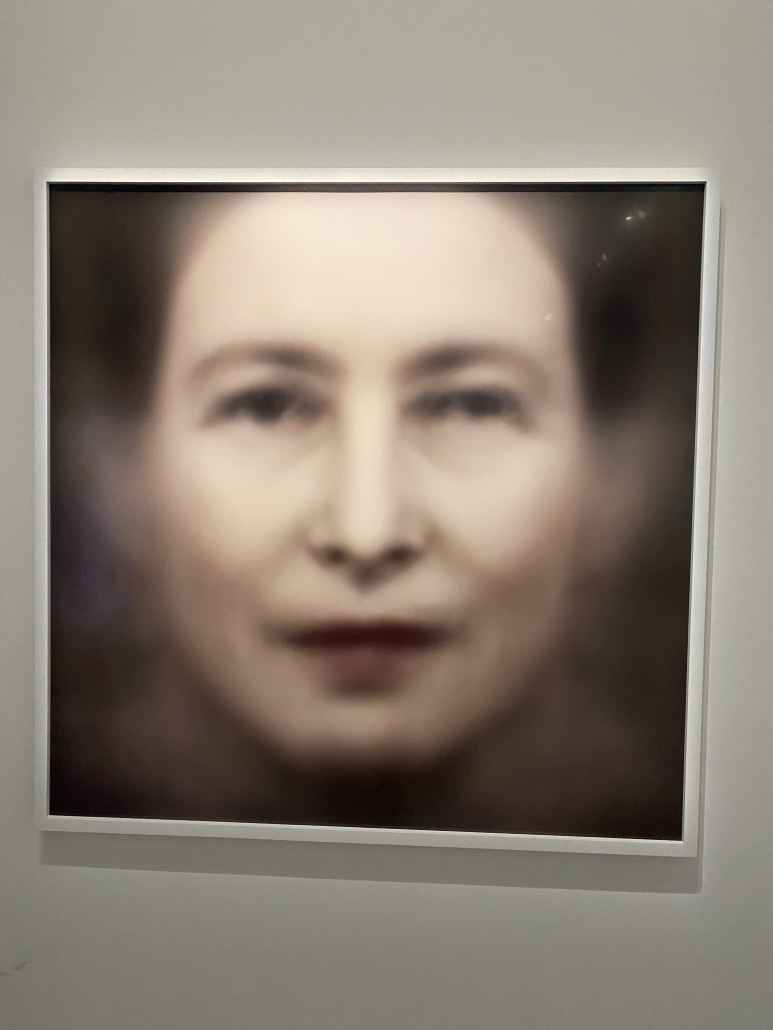
"The child is expected to take a specific role in that world, a place that is stable and certain. The rules and goals are set by the adults in the child's world. At the same time, at play and with its peers the child experiences a completely free world. It is open to all possibilities, even those beyond the child's physical limits. It's as if the child is free in a room, with walls, ceilings and floors that protect it from actual danger."
"As the child grows older, it begins to notice that adults aren't statues, that they aren't gifted with perfect foresight, that they make mistakes, and that they say things are one way when the child sees that they are another. At this point the child begins to see that the world is not a given, that it is made by other people and begins to realize it will have to take"
Existentialism's core principle is radical freedom accompanied by radical responsibility. Awareness of freedom begins in childhood as the child perceives the adult world as fixed and demanding a specific role. Play reveals a protected realm of expansive possibility supported by adult shelter and safety. Maturation brings recognition that adults are imperfect, that the world is constructed by human choices, and that one must contribute to its making. That dawning awareness forces the child to confront responsibility and can cause trauma as certainty dissolves and freedom demands engagement with an uncertain, contingent world.
Read at emptywheel
Unable to calculate read time
Collection
[
|
...
]